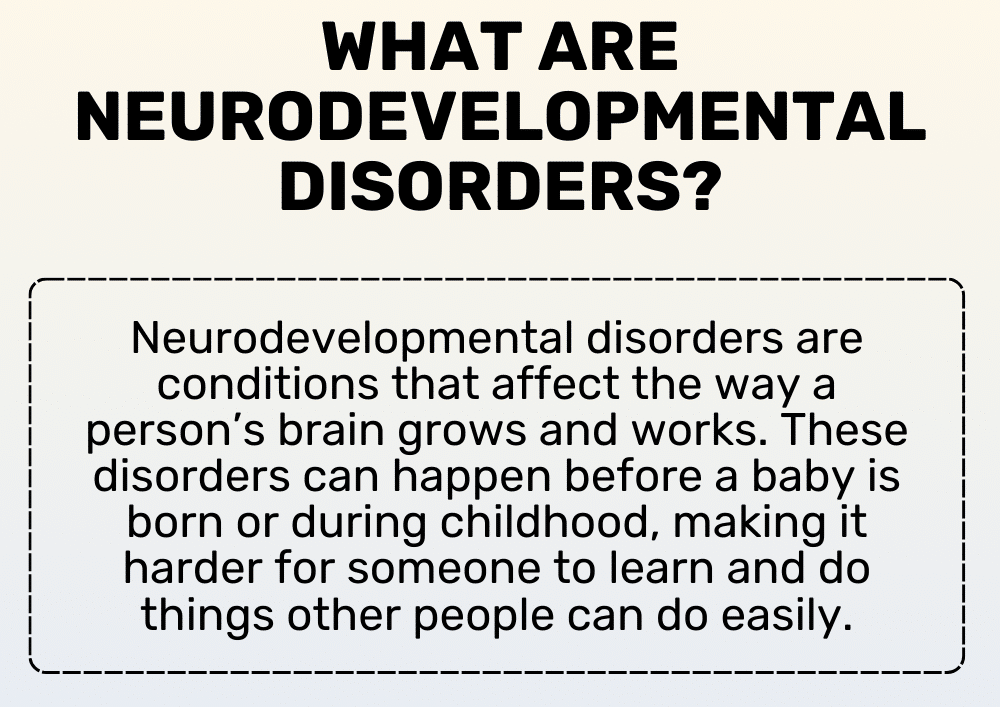Aminoacidopathies can show different symptoms in kids. Parents need to recognize these signs early. This way, they can get the right help for their child. Some common symptoms are:
- Tiredness: Kids may feel weak or have low energy.
- Learning issues: Trouble in school or problems with memory.
- Development delays: Slower growth and learning new skills.
- Movement problems: Trouble walking, running, or playing.
- Seizures: Sudden, uncontrolled movements or shaking.
- Unusual smells: Some conditions cause strange body or breath odors.
- Skin issues: Rashes or unusual skin color.
These symptoms can change from one child to another. You must talk to a doctor if you notice any of these signs in your child.
This post was originally published on April 26, 2023. It was updated on March 21, 2024.















